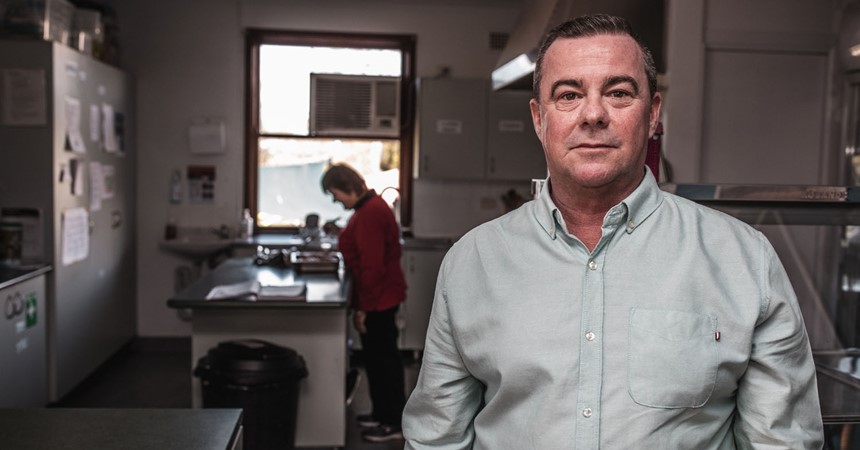All too often, these children in care face enormous adversity and trauma stemming from abuse and neglect, perpetrated by those who should have showered them with unconditional love and support.
Sadly, many children in NSW have no one to care for them. Instead, they are living in alternative arrangements such as motels, serviced apartments or transitional residential settings.
With the downturn in employment during this pandemic, now might be a good time to consider opening our homes and hearts to a child in need and becoming a foster carer.
A recent report Understanding the Impact of COVID-19 on Out-of-Home Care in Australia by Ernst & Young partner Mark Galvin and associate director Melissa Kaltner identifies that when unemployment rises, so too does the number of foster carers as we re-evaluate priorities and choose to give back to the community.
Foster carers are incredible people who make a commitment to provide loving, permanent and safe homes for children and young people in need. Foster carers come from a variety of backgrounds and have distinctive and varied skills sets. There is no ‘one size fits all’ when it comes to being a foster carer. That is because each child or young person is unique and each child requires individualised support to help them achieve their goals in life.
Many people facing a downturn in employment, or who have lost their jobs because of COVID-19, have a set of skills that could easily transfer to providing care for a vulnerable child or young person.
While agencies such as CatholicCare aim to recruit foster carers with a focus on permanency, there are many young people aged 14-18 in need of love, guidance and support as they negotiate the often complex and confusing teenage years. Perhaps you have the love, patience and understanding to care for a young person for a few years as they transition to independent living and work towards their education and employment goals.
More than 18,000 children and young people live in out-of-home care in NSW, and a large proportion of these children are in the Newcastle-Hunter area. Now, more than ever, we as a community need to rally together to ensure these vulnerable children have the opportunity to live with carers who can provide them with a permanent loving, safe home.

